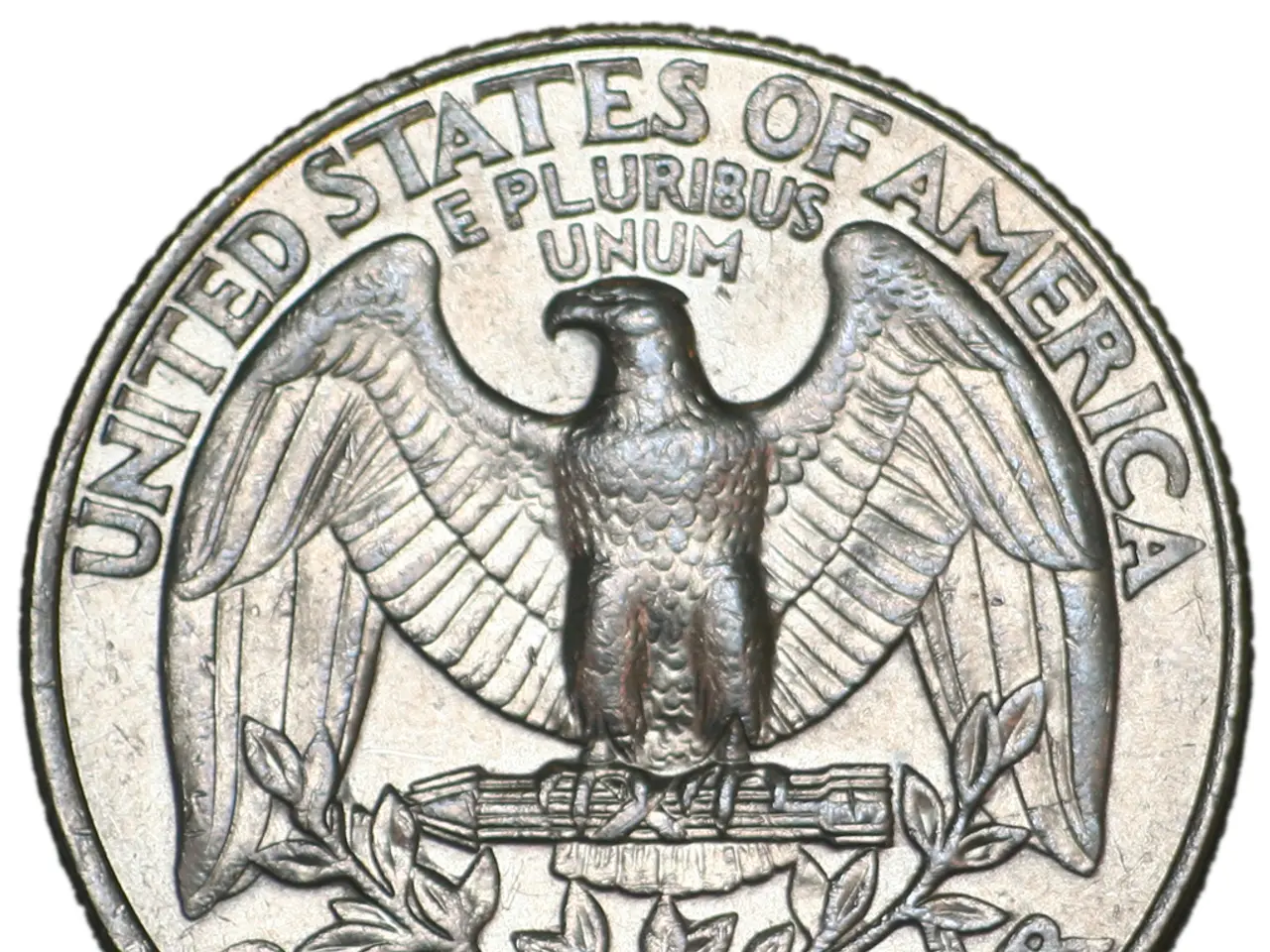US Holds Back on Calling China a Currency Manipulator, but Expresses Concerns
U.S. elects against characterizing China as a currency manipulator, yet criticizes its transparency practices instead.
WASHINGTON (AP) - The US has decided to refrain from labeling China a currency manipulator in its latest Treasury report, instead leveling accusations of a lack of transparency in Beijing's exchange rate policies. The report, titled "Macroeconomic and Foreign Exchange Policies of Major Trading Partners of the United States," was released on Thursday.
This decision comes as the US administration seeks to broker a trade deal with China, avoid a prospective trade war between the two economic giants.
Previewing the report, a Treasury official noted that the US reserved the right to identify any potential future currency manipulation by China, with a determination on the renminbi (RMB) expected in the fall. In Donald Trump's first term, China was designated a currency manipulator by the Treasury in 2019, a status it hadn't held since 1994.
Scott Bessent, the current Treasury Secretary, stated, "The administration has made it clear that incentivizing an unbalanced trading relationship with the US is no longer acceptable. Moving forward, Treasury will utilize all available resources to implement effective countermeasures against unfair currency practices."
The reported decision not to sanction China for currency manipulation followed news of a "very positive" conversation between Trump and China's Xi Jinping, with the two agreeing to hold trade discussions in an effort to resolve tariff disputes and address global rare earth mineral supply issues.
Trump had previously imposed 145% tariffs on Chinese goods, only to lower them to 30% for a 90-day period, allowing for negotiations. In response, China lowered its taxes on US goods from 125% to 10%. The back-and-forth has resulted in significant market volatility and threatens to negatively impact trade between the nations.
Popular Business Stories
- Seattle-area home buyers wary amid high rates and economic uncertainties
- Supreme Court makes it easier to claim 'reverse discrimination' in employment cases from Ohio
- Microsoft lets go of hundreds of WA employees, following companywide cuts
- Alaska Airlines introduces nonstop flight from Seattle to Rome
- Heightened steel and aluminum tariffs and their impact on WA businesses and consumers
- In the Seattle area, home buyers are exhibiting caution due to high interest rates and economic uncertainties, a developing trend within the overall business landscape.
- Recently, Microsoft, a significant player in the business world based in the Seattle region, announced job losses for hundreds of employees, following a companywide reduction in workforce.
- Amidst the general news of international trade disputes and tariffs, the rising steel and aluminum tariffs pose potential threats to businesses and consumers in Washington state, adding another layer of complexity to the state's economic conditions.




